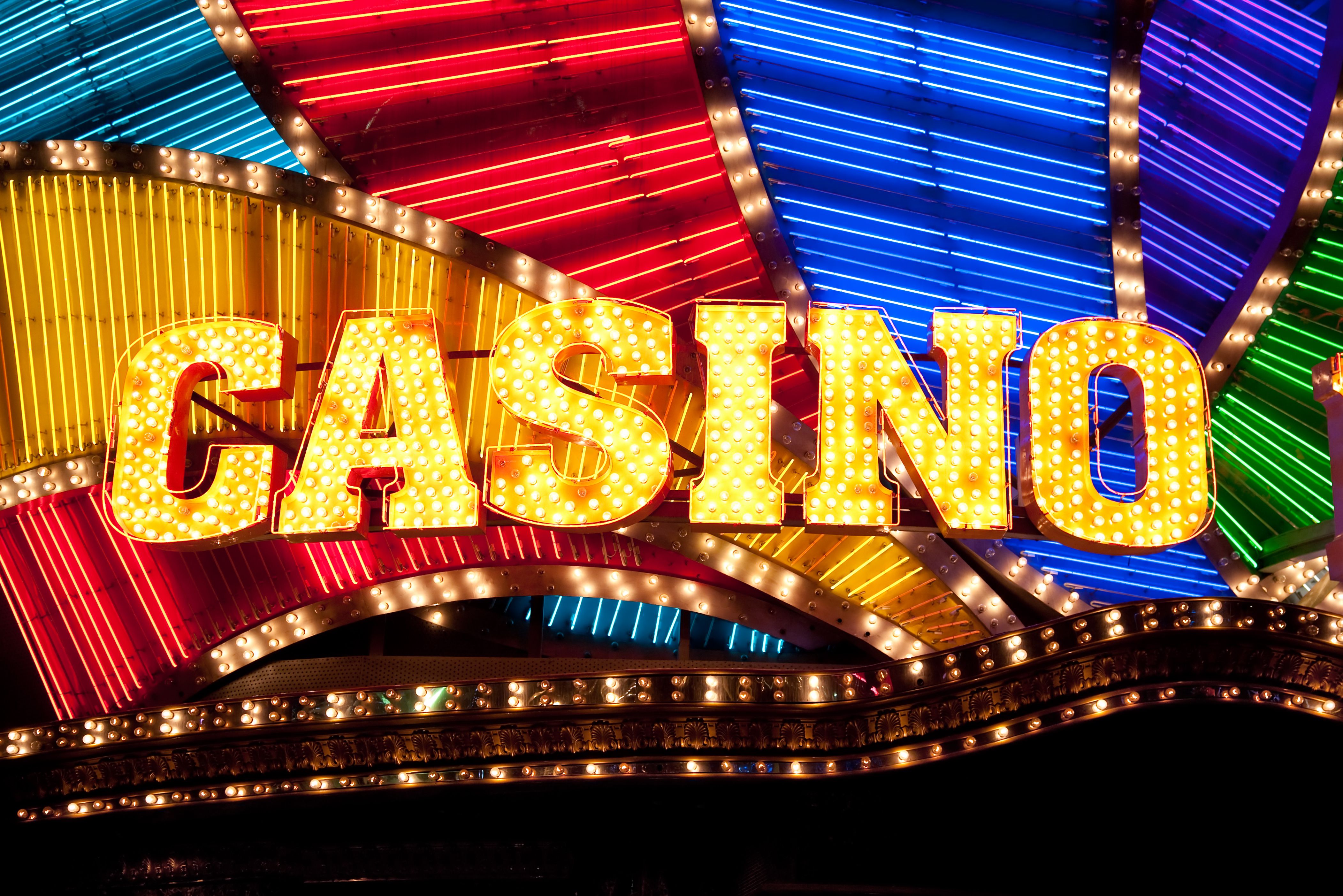Casino Games and Their Impact in Cultural Trends

Casino experiences have long captured the imagination of individuals around the planet, becoming an essential part of both fun and culture. From the sparkling lights of Nevada to the captivating experience of virtual casinos, these experiences evoke thrill, danger, and sometimes even a sense of remembrance. They are not just simply hobbies; they have woven themselves into the fabric of society, influencing various aspects from movies and music to clothing and writing.
The charm of casino games goes beyond the betting aspect, tapping into broader themes of serendipity, chance, and human behavior. As players gather around a card table or turn the roulette, they engage in an age-old ritual that echoes with our collective desire for excitement and unpredictability. This captivation has led to the growth of countless references in movies, tracks, and gaming, showcasing how deeply entrenched these pastimes are in pop culture. Whether it is the pressure of a traditional caper or the vibrant nightlife portrayed in recordings, casino games have created a substantial role that reflects our connection with risk and reward.
Social Impact of Gambling Games
Casino activities have played a key role in social aspects throughout the ages. Originating from old societies, forms of chance were often linked to rituals or events. For instance, early forms of gambling can be linked back to ancient Chinese and the Romans, where dice games and betting on outcomes were popular pastimes. These games not only functioned as leisure but also as methods of social interaction, facilitating connections among individuals within societies.
As societies evolved, so did the complexity and structure of gambling games. The establishment of formal casinos in the 17th century, particularly in Italy, marked a major shift in how games were perceived and organized. With designated spaces for gaming, the casino became a community center where patrons from various backgrounds convened. This change contributed to the validation of the industry, transforming it from a mere pastime into an established industry that shaped the economy and regulations.
The effect of gambling games on mainstream culture cannot be overlooked. As they were brought into the limelight in books and movies, games such as Texas Hold’em and 21 became icons of chance, chance, and strategy. Iconic figures and narratives have emerged around these activities, reflecting societal views towards luck, prosperity, and immorality. This interest with casino games has infiltrated various forms of entertainment, cementing their place in the collective consciousness and linking them to broader cultural narratives throughout the ages.
Portrayal of Gambling Games in Entertainment
Casino activities have long been a popular theme in different types of entertainment, reflecting both the fascination and complexities of the world of gambling. Movies such as Ocean’s 11 and Casino Royal portray characters who navigate intense situations, showcasing not only the allure of the casino atmosphere but also the strategies and judgments that come with playing popular games like Texas Hold’em and blackjack. These films often dramatize the excitement of winning and the potential consequences of losing, encapsulating the dangers involved in gambling.
Television shows have also explored the world of gambling activities, often integrating them into the storyline as a context for character arcs and conflict. Series like Las Vegas depict the experiences of casino workers and patrons, highlighting the dynamic, often chaotic energy of the gaming floor. Reality shows featuring intense betting contests further emphasize the appeal of gambling activities, drawing viewers into the excitement and strategy involved in each session. Through these representations, media not only entertains but also sparks conversations about fortune, expertise, and the essence of randomness.
Video games have increasingly incorporated gambling activities into their development, allowing players to simulate the experience of gambling without monetary loss. Titles within the realm of digital gaming often include virtual slots, poker, and other popular casino games, creating an immersive gameplay that mirrors actual casino experiences. These digital representations make casino games accessible to a global audience, appealing to both risk-takers and those who enjoy the thrill of virtual experiences. As a result, the representation of gambling activities in entertainment continues to shape societal views and cultural significance, highlighting their function in society and social context.
Effect of Gambling Activities on Communities
Casino games have a meaningful effect on communities, influencing various facets of culture and social behavior. They often serve as a platform for community engagement, where people gather to experience a common activity. Casino trips with friends or trips to casinos become group events that foster connections and create memories. This collective aspect boosts the entertainment value of casino games, making them a popular choice for celebrations and recreational pursuits.
Moreover, gambling activities have been depicted in countless movies, television shows, and literature, shaping views and attitudes towards gambling and gaming. Icons like James Bond competing in baccarat or the high-stakes poker scenes in films have cemented these games in the collective imagination. This depiction often idealizes the lifestyle associated with gambling, attracting new players and influencing trends in both style and behavior. These representations can ignite curiosity and lead to a more profound investigation of the nuances of gambling. non GamStop casino
However, there are also adverse consequences linked to the widespread appeal of gambling activities. The temptation of quick monetary gain can lead to gambling addiction and financial troubles for some individuals. Society must grapple with these issues, promoting responsible gambling and education of the dangers involved. Finding a balance between the fun aspect of casino games with the potential for harm is vital to ensure that they remain a beneficial aspect of our cultural landscape.